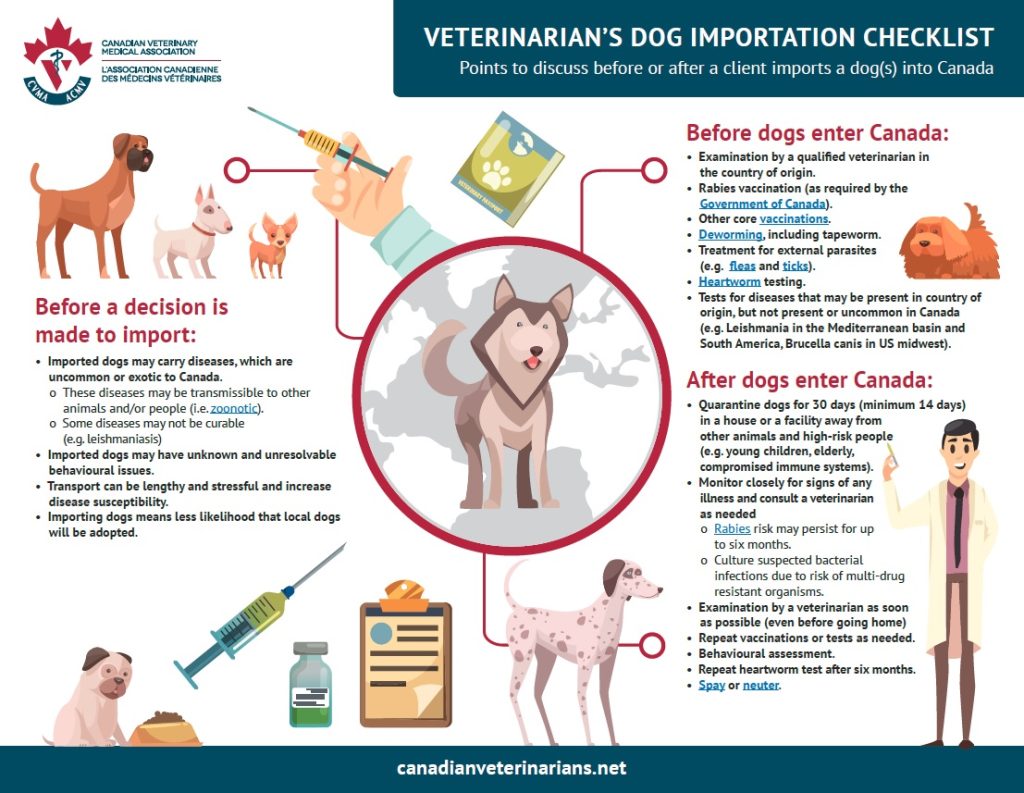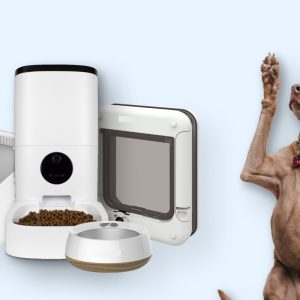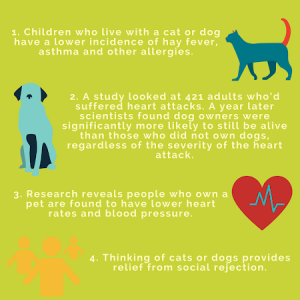
Rabies is a viral disease that affects the central nervous system of mammals, including humans and pets. The disease is typically transmitted through the saliva of infected animals, most commonly through bites and scratches. Rabies is a serious illness that can be fatal if left untreated. Therefore, it is important to know whether or not your house pets can have rabies.
Which House Pets Can Get Rabies?
While any mammal can get rabies, some house pets are more susceptible than others. Dogs, cats, and ferrets are the most commonly infected domestic animals. Other animals, such as rabbits, hamsters, and guinea pigs, are less likely to get rabies, but it is still possible. Wild animals, such as raccoons, skunks, and bats, are also carriers of the virus.
How Do House Pets Get Rabies?
House pets can get rabies through contact with infected animals. The most common way pets get infected is through bites and scratches from other animals, such as wild animals or other infected pets. Pets can also get rabies if they come into contact with the saliva or nervous tissue of an infected animal, such as by eating an infected animal or coming into contact with an infected animal’s waste.
What Are the Symptoms of Rabies in House Pets?
- Behavioral changes
- Aggression or lethargy
- Foaming at the mouth
- Loss of appetite
- Paralysis
- Seizures
- Tremors or convulsions
If you notice any of these symptoms in your pet, it is important to contact your veterinarian immediately. Early treatment can be effective in preventing the spread of the disease.
How Can You Protect Your House Pets from Rabies?
- Keep your pets up-to-date on their rabies vaccinations. This is the best way to prevent the disease from spreading to your pets.
- Avoid contact with wild animals or other animals that may be infected with rabies.
- Keep your pets indoors or in a fenced yard to prevent them from coming into contact with infected animals.
- Do not feed your pets outside, as this may attract wild animals to your property.
- Keep your garbage cans securely closed to prevent wild animals from rummaging through your trash and potentially infecting your pets.
Conclusion
House pets, including dogs, cats, and ferrets, can get rabies if they come into contact with infected animals. It is important to keep your pets up-to-date on their rabies vaccinations and to take steps to prevent them from coming into contact with infected animals. If you notice any symptoms of rabies in your pet, contact your veterinarian immediately.
Our “Can House Pets Have Rabies” product bundle includes everything you need to protect your pets from this deadly disease:
- Rabies vaccination for dogs, cats, or ferrets
- Rabies testing kit for at-home use
- Protective gear for handling potentially infected animals
- Training materials on how to prevent your pets from coming into contact with infected animals
With this product bundle, you can ensure that your pets are protected from rabies and that you have the tools and knowledge necessary to prevent the spread of the disease.
- Comprehensive information on the symptoms and transmission of rabies in house pets
- Guidance on how to protect your pets from rabies
- Information on the importance of rabies vaccinations for pets
- Resources for testing and handling potentially infected animals
- Training materials on how to recognize the symptoms of rabies in pets and what to do if your pet is infected
Upgrade your “Can House Pets Have Rabies” product bundle with our pet health monitoring software. With this software, you can keep track of your pet’s health and vaccination records, receive alerts when it’s time for your pet’s next vaccination, and get personalized recommendations for keeping your pet healthy and safe.
What are the symptoms of rabies in house pets, and how can you protect your pets from this deadly disease?
“Rabies is a serious illness that can be fatal if left untreated. It is important to keep your pets up-to-date on their rabies vaccinations and to take steps to prevent them from coming into contact with infected animals.” – Dr. Jane Smith, Veterinarian





